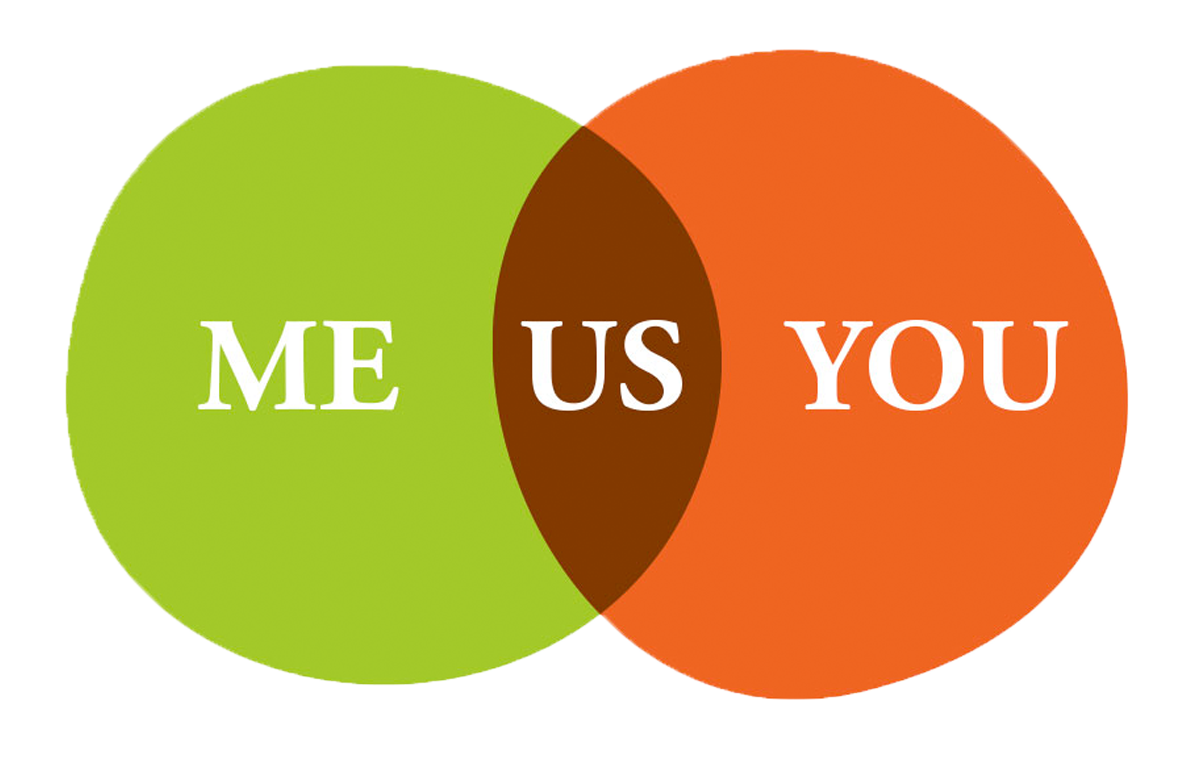Conflict to collaboration
Groups often meet as individuals. Time spent together is pressured, debates and discussions offer only individual perspectives and connections are rarely made that surface the collective intelligence of the group. Yet Groups have great potential. The same diversity that brings conflict and misunderstanding is also their inbuilt strength.
When individuals recognise this and learn to relate to each other in ways that allow their differences to co-exist and their collective intelligence to emerge the results are truly remarkable.
The Dialogue Space provides experienced facilitators who remain alongside the group in their often difficult journey towards dialogic conversation.
Inquiring
When we start working with a team we want to find out how well it is performing, what capabilities are already present and what it wants to create. So we start by meeting the team on a one to one basis. We are looking for themes and patterns that suggest where developmental attention should be focused. These conversations help us to discover potential leverage points and opportunities for change.
Developing
Based on the initial inquiry we design a bespoke developmental programme for the team. In the first stages of their work together the team start to find out what constrains and enables their performance and learn new ways of acting and thinking together that expand their interpersonal capabilities, awareness and creativity.
Experimenting
Team members agree to 'experiment' beyond the boundaries of the group in order to apply their learning in the wider context. This is the way they discover what works and what doesn't. They actively seek out feedback from colleagues, managers and stakeholders.
Reflecting
Individual members return to the team space to inquire in to their experience and reflect on what they need to adapt and change in their behaviours and strategies. Team members adopt a dialogic approach to surface and use their collective intelligence to challenge and support each other.
Adapting
The team have increased awareness and understanding of the the individual and relational patterns within their group. They are able to recognise which are helpful and which are not and how they can work together to fulfil their collective purpose and goals. They are capable of engaging in difficult and generative conversations that generate and sustain positive changes and they have learned to value their differences as a source of creativity and energy.
